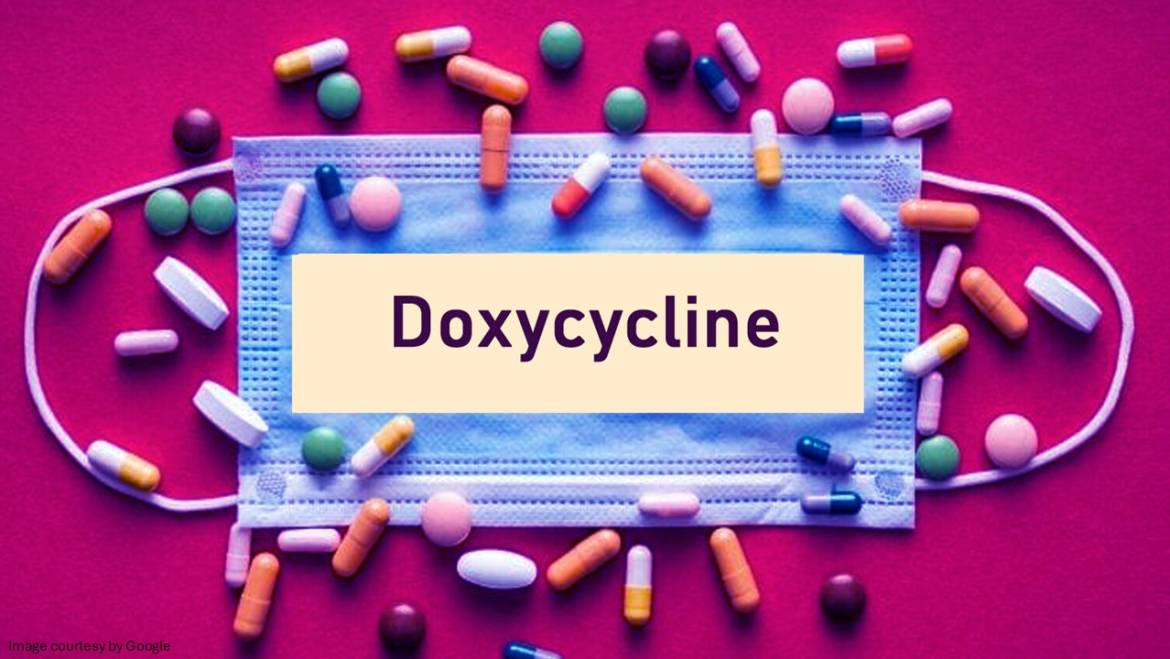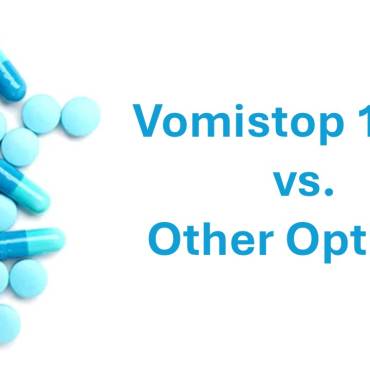Doxycycline is considered the drug of choice or alternative agent for various infections. It is often the preferred antibiotic because of its greater effectiveness and advantages over other class members. In addition to bacterial diseases, Doxycycline is especially valuable in diseases caused by Rickettsiae, Chlamydiae, and mycoplasmas. Doxycycline antibiotics are also helpful in treating chloroquine and multi-drug-resistant malaria. Consult a healthcare specialist for other doxycycline uses.
Effectiveness of antibiotics: Doxycycline
The introduction of antibiotics into the medical industry was arguably the greatest achievement of the 20th century. The class of medication has revolutionized medicine, saving countless lives since its discovery. In addition to treating infectious diseases, antibiotic medications made many modern clinical procedures possible, including organ transplants, cancer treatment, and open-heart surgery. However, misuse of these valuable compounds has rapidly increased antimicrobial resistance, and some infections are now effectively untreatable. One of the key recommendations is to stimulate early-stage discovery of drugs. Antibiotics play a key role in preventing and treating infectious diseases. Antibiotics like Doxycycline treat only bacterial infections, such as the common cold. They do not treat viral infections, but their value has declined because of increasing bacterial resistance. It remains, however, the first treatment for infections caused by typical organisms such as brucella, rickettsia, chlamydia, and the spirochete. Numerous research studies indicate other possible benefits. We aimed to review the working mechanism of Doxycycline, including its uses, efficacy, and side effects.
Doxycycline 100 mg treats infections in children and adults. Antibiotics exhibit significant biological activities against harmful microorganisms and are widely considered the most effective drugs for improving human health. You can buy Doxycycline online at affordable rates. The Food and Drug Administration has approved Doxycycline for the prevention or treatment of specific conditions such as rickettsial infections, sexually transmitted infections, bacterial infections, respiratory tract infections, ophthalmic infections, Lyme disease, acute intestinal amebiasis, traveler’s diarrhea, anthrax, and severe acne.
However, the overuse of these medicines may give rise to the development of resistant bacteria, which raises concerns. Therefore, exploring alternative strategies to reduce antibiotic usage while maintaining effectiveness is necessary to prevent future pandemics. Also, to mitigate the hazards associated with excessive antibiotic use, it is crucial to implement stringent monitoring and detection measures, even for trace amounts of antibiotics.
Over the last decade, the incidence of sexually transmitted infections has highly increased in most countries. In some countries, an increase in chlamydiosis was also noted in heterosexual women. This increase in sexually transmitted incidence raises the question of prevention strategies, which may include Doxycycline.
According to recently updated recommendations for STI management, Doxycycline can be used as the first-line treatment in C. trachomatis infections and as the third-line option in managing M. genitalium infections. In syphilis, few research studies are available on the use of Doxycycline but recommend that the antibiotic may be an alternative for patients with penicillin hypersensitivity.

Doxycycline: Long-term health effects
Mechanism of action
Doxycycline works systematically in various tissues. The bacteriostatic action of tetracyclines, like Doxycycline, is intended to restrict the growth of bacteria. It kills or stops the bacterial growth that causes infections or worsens acne. Doxycycline works against parasites that cause malaria. In the case of acne, it decreases the number of bacteria on the skin’s surface and has anti-inflammatory action. The antibiotic will start working right away. However, it is important to take the whole course of medicine that has been recommended. This is because it takes a while for the antibiotic medicines you have taken to kill the bacteria causing your infection.
Contraindications
The antibiotic drug is contraindicated in pregnancy, breastfeeding, and in children under twelve years of age, as this medicine can cause damage to tooth buds and the growth plate.
While Doxycycline can treat many conditions, its primary use is malaria prevention. The approved dosing regimen for adults is 100 mg per day.
Antibiotics like Doxycycline treat only infections caused by bacteria. They are not effective against viral infections such as the common cold. They are ineffective against viral infections such as the common cold; although you may feel better early in treatment, Doxycycline 100 mg capsule should be used exactly as directed. Misuse or overuse could lead to the growth of bacteria that the administration of Doxycycline will not alter. This means that Doxycycline may not work for you in the future.
Doxycycline should not be used in children under eight years of age. It may cause serious side effects, such as benign intracranial hypertension (pressure around the brain), with symptoms such as nausea, headache, vision loss, and vomiting. If this happens, contact your dermatologist straight away. Avoid using isotretinoin and Doxycycline together as they both can cause this effect.
Doxycycline pharmacokinetics
After oral administration, Doxycycline is almost completely absorbed from the gastrointestinal tract. Still, milk or food in the stomach or duodenum does not affect absorption. The half-life of this antibiotic drug is 20 hours, allowing once or twice daily dosing. Doxycycline is more water-soluble than other tetracycline and widely distributed in body fluids and tissues. Higher concentrations are found in the excretory organs, including the digestive tract, liver, and kidney.
Possible side effects
All medicines have benefits and carry the risk of adverse effects. The more commonly reported side effects of Doxycycline include rash or itching, diarrhea, vomiting, oral or vaginal thrush, mild irritation of the food pipe, and changes in the appearance of your nails. Ringing or other persistent noises in the ears, loss of sense of taste. Serious side effects associated with this antibiotic drug are rare but may need urgent medical help. They include:
-
- Dizziness
- Fast heart rate
- Difficulty or pain in swallowing
- Severe skin reactions
- Severe blisters and bleeding in the eyes, lips, nose, mouth, and genitals
- Increased pressure in the brain (blurred vision, headache, vomiting)
This is not the complete list of side effects. For more information about the side effects of Doxycycline, please consult your healthcare provider.
Conclusion
Doxycycline is an inexpensive antimicrobial agent used to manage several bacterial infections, particularly involving intracellular pathogens, and in treating acne or malaria prophylaxis. Doxycycline is an antibiotic medicine that stops bacteria from multiplying. When treating acne, it reduces the number of bacteria on the skin’s surface and has anti-inflammatory action. Doxycycline treats infections by preventing the growth and spread of bacteria. It can treat acne by destroying the bacteria that infect pores and reducing the production of certain natural oily substances responsible for causing acne.



